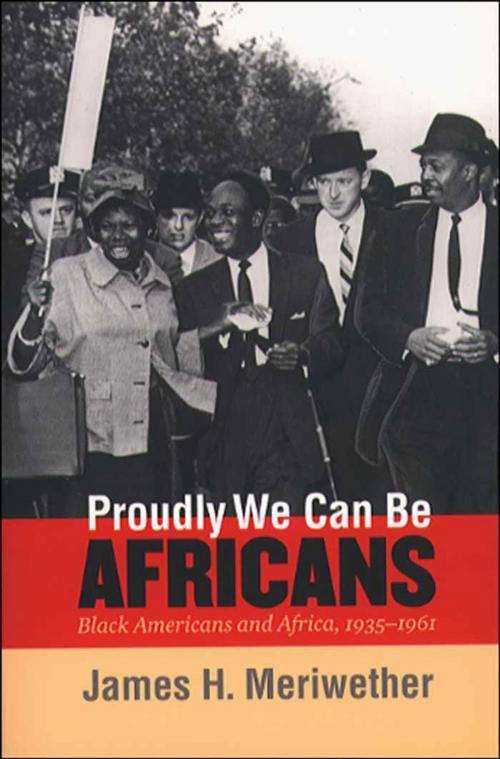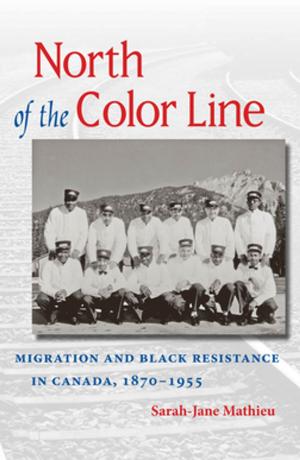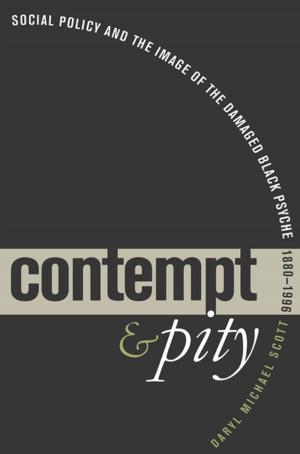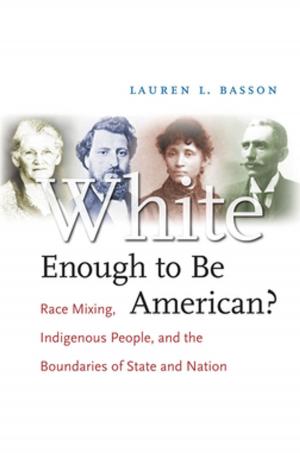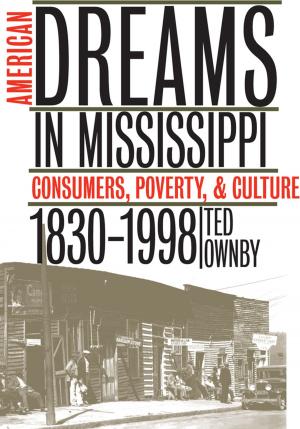Proudly We Can Be Africans
Black Americans and Africa, 1935-1961
Nonfiction, History, Africa, Social & Cultural Studies, Social Science, Cultural Studies, African-American Studies, Political Science, International, International Relations| Author: | James H. Meriwether | ISBN: | 9780807860410 |
| Publisher: | The University of North Carolina Press | Publication: | January 5, 2009 |
| Imprint: | The University of North Carolina Press | Language: | English |
| Author: | James H. Meriwether |
| ISBN: | 9780807860410 |
| Publisher: | The University of North Carolina Press |
| Publication: | January 5, 2009 |
| Imprint: | The University of North Carolina Press |
| Language: | English |
The mid-twentieth century witnessed nations across Africa fighting for their independence from colonial forces. By examining black Americans' attitudes toward and responses to these liberation struggles, James Meriwether probes the shifting meaning of Africa in the intellectual, political, and social lives of African Americans. Paying particular attention to such important figures and organizations as W. E. B. Du Bois, Martin Luther King Jr., and the NAACP, Meriwether incisively utilizes the black press, personal correspondence, and oral histories to render a remarkably nuanced and diverse portrait of African American opinion.
Meriwether builds the book around seminal episodes in modern African history, including nonviolent protests against apartheid in South Africa, the Mau Mau war in Kenya, Ghana's drive for independence under Kwame Nkrumah, and Patrice Lumumba's murder in the Congo. Viewing these events within the context of their own changing lives, especially in regard to the U.S. civil rights struggle, African Americans have continually reconsidered their relationship to contemporary Africa and vigorously debated how best to translate their concerns into action in the international arena.
Grounded in black Americans' encounters with Africa, this transnational history sits astride the leading issues of the twentieth century: race, civil rights, anticolonialism, and the intersections of domestic race relations and U.S. foreign relations.
The mid-twentieth century witnessed nations across Africa fighting for their independence from colonial forces. By examining black Americans' attitudes toward and responses to these liberation struggles, James Meriwether probes the shifting meaning of Africa in the intellectual, political, and social lives of African Americans. Paying particular attention to such important figures and organizations as W. E. B. Du Bois, Martin Luther King Jr., and the NAACP, Meriwether incisively utilizes the black press, personal correspondence, and oral histories to render a remarkably nuanced and diverse portrait of African American opinion.
Meriwether builds the book around seminal episodes in modern African history, including nonviolent protests against apartheid in South Africa, the Mau Mau war in Kenya, Ghana's drive for independence under Kwame Nkrumah, and Patrice Lumumba's murder in the Congo. Viewing these events within the context of their own changing lives, especially in regard to the U.S. civil rights struggle, African Americans have continually reconsidered their relationship to contemporary Africa and vigorously debated how best to translate their concerns into action in the international arena.
Grounded in black Americans' encounters with Africa, this transnational history sits astride the leading issues of the twentieth century: race, civil rights, anticolonialism, and the intersections of domestic race relations and U.S. foreign relations.
